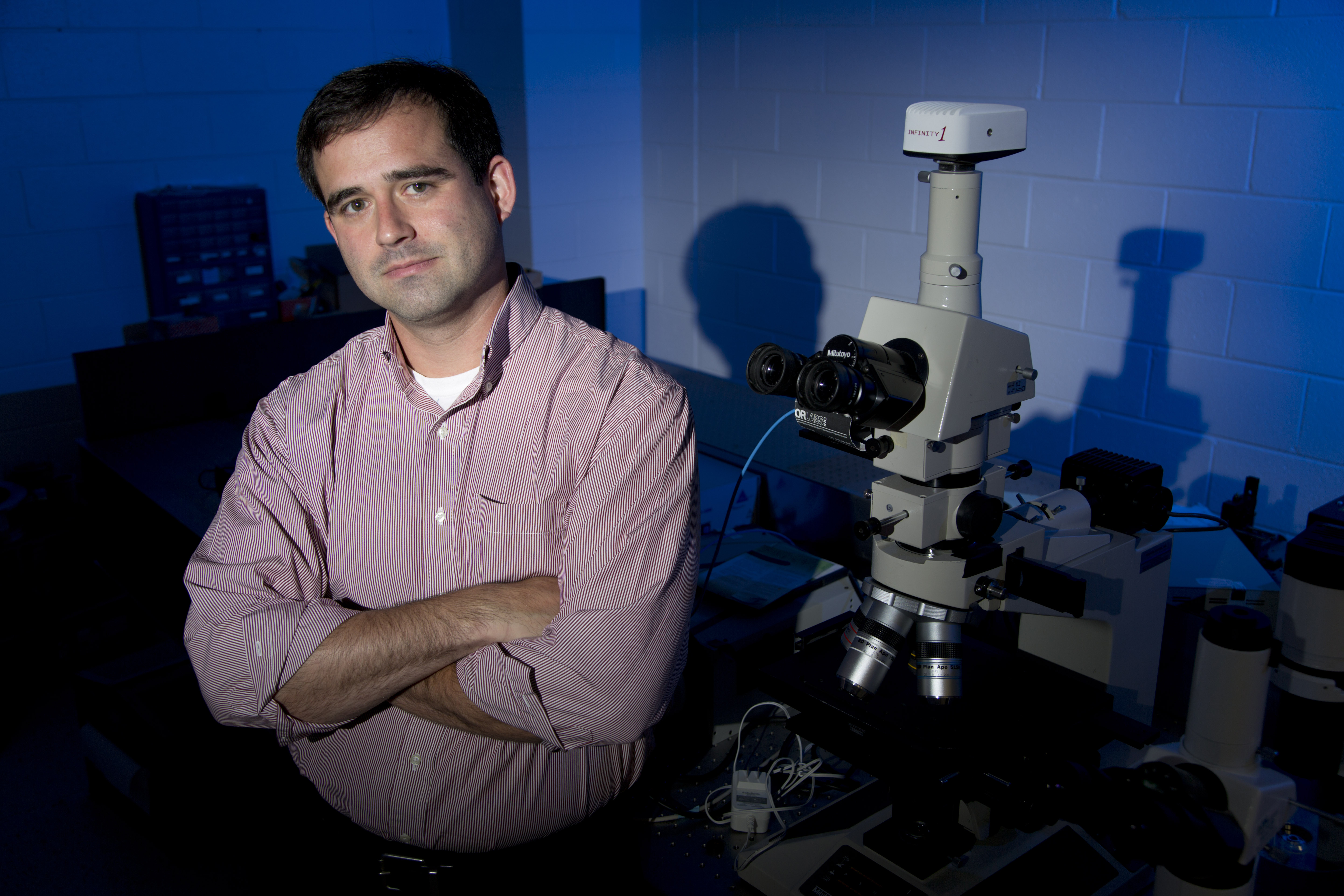The University of Georgia New Materials Institute has been awarded a grant as the third site for the National Science Foundation’s Center for Bioplastics and Biocomposites, or CB2, an Industry/University Cooperative Research Center.
UGA was selected, in part, on the strength of 10 project proposals that were presented at a site planning meeting held earlier this year. As a CB2 site, the New Materials Institute will contribute additional capabilities in the areas of new biodegradable polymers and additives; advanced fibers; durable coatings and finishes, including foams; nonwoven fibers; and novel thermoplastics with excellent barrier properties for films, sheet goods and filtration media.
“The field of new and sustainable materials has quickly become one of the University of Georgia’s research strengths as we look for innovative ways to leave a healthier planet for future generations,” said David Lee, UGA vice president for research. “This CB2 award fits with our strategy of developing effective partnerships with colleagues in both academia and industry to move this critical field forward, and I’m excited about the new opportunities for research collaborations that this partnership will bring.”
Iowa State University’s Biopolymers & Biocomposites Research Team and Washington State University’s Composite Materials and Engineering Center—the two founding members of CB2—have strong programs in sustainability, bioproducts and bioplastics. The New Materials Institute’s complementary focus on biodegradable alternatives for packaging will broaden CB2’s range of offerings to its industry partners, which currently include Ford, Hyundai, John Deere, 3M, Myriant and ADM.
“The addition of UGA to CB2 opens many new research areas, and engages new and fast growing industry sectors that are focused on sustainable packaging,” said David Grewell, founder and director of CB2, and chair of the Department of Industrial and Manufacturing Engineering at North Dakota State University. “I expect to see an accelerated growth of research, impact on industry, and student outcomes.”
Global plastic production reached 299 million metric tons in 2014. About 40 percent of all plastics manufactured annually are used in packaging, which is immediately discarded after use. An estimated 5 to 12 MMTs of mismanaged plastic waste reaches the oceans annually, but this is expected to rise to as much as 17 MMTs annually by 2025 due to increasing population, plastic consumption and waste generation.
“In addition to boosting our opportunities for collaborative research, we will increase experiential learning opportunities for our students,” said Jason Locklin, director of the New Materials Institute, and a professor of chemistry and biochemical engineering who is jointly appointed to the Department of Chemistry and the College of Engineering. “Through CB2, they will have more exposure to cutting-edge research as well as outreach opportunities that will enable them to enter the workforce immediately, with the ability to contribute and have positive impact.”
The UGA New Materials Institute is committed to preventing waste through the design of materials and systems that adhere to green engineering principles. The Institute partners with industry and businesses to design materials for their use that are bio-based, fully biodegradable, or completely recyclable and safe for people, animals and our planet. In addition, it works with businesses, governments, foundations and other organizations to redesign systems so that they generate less waste and promote circularity in materials management. The New Materials Institute is also shaping the future by training the next generation of scientists and engineers on the importance of considering green engineering design principles in everything they do. For more information, visit www.newmaterials.uga.edu.


